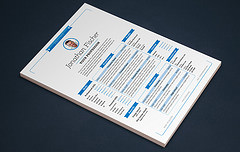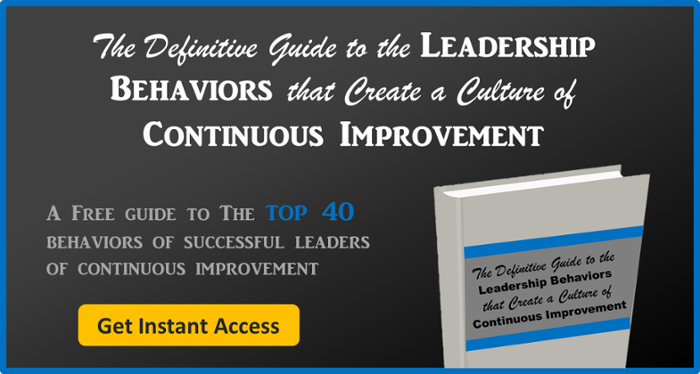 Hiring high-quality employees is critical to the success of any business; the people who work for you are the face, hands, and heart of your company. They’re the people your customers talk to, the people who produce the products or provide the services that your business is based on, the people who pick up the phones and clean the offices and show up each and every day. Managers spend a lot of time sifting through resumes trying to read between the lines and figure out who is the best fit for the company, but it’s hard.
Hiring high-quality employees is critical to the success of any business; the people who work for you are the face, hands, and heart of your company. They’re the people your customers talk to, the people who produce the products or provide the services that your business is based on, the people who pick up the phones and clean the offices and show up each and every day. Managers spend a lot of time sifting through resumes trying to read between the lines and figure out who is the best fit for the company, but it’s hard.
How do you know what each of those people will bring to the table?
I’d like to suggest that we all look for the words “continuous improvement” on resumes, and use this as a filter to identify the cream of the crop. People who have backgrounds in continuous improvement - whether they led the effort or practiced it in their daily work - have a unique skill set to contribute to any job, and employers would do well to prioritize those applications. A culture of continuous improvement will grow with the addition of each new employee with experience in this field.
Why should you hire someone with a continuous improvement background?
-
They already believe in the importance of continuous improvement
Convincing a new hire that continuous improvement is important can be a tough sell, if they’ve never seen it in practice before. Sure, you can win over just about anyone with enough time and patience, or you can mandate that they participate in daily continuous improvement. Wouldn’t it be easier, though, if the new hires came on board already convinced that continuous improvement benefits both themselves and their new employer? Hiring people who believe what you believe is critical to maintaining a sustainable culture of continuous improvement. Call me lazy, but it makes a lot more sense to me to pick someone who doesn’t need me to convince them - especially when all other hiring factors are equal. -
They have experience with critical thinking and problem solving
Employees are every company’s most valuable asset. Companies with successful cultures of continuous improvement are full of critical thinkers, each applying their own eyes, minds, and hands to identifying and fixing every little problem in the business. The great news is that everyone has the potential to become a skilled problem solver with the right training. In theory, that means you could hire any Tom, Dick, or Harry off the street and teach him how to be a critical thinker. But wouldn’t it be easier to hire someone who already practiced these skills somewhere else? Eat the fruit of someone else’s labour, hire the people they’ve already coached… and then help them continue honing those skills. -
They’ve likely been using a different brand of continuous improvement
There are a million different ways to do continuous improvement, each with its own set of pros and cons. If you hire someone with a blank continuous improvement slate, you can fill it with your own methodology - and they’ll implement your methodology exactly as you’ve taught them. That’s a missed opportunity.
Hiring people with experience in a variety of different continuous improvement disciplines gives you access to their knowledge bank. Your new critical thinker will be able to compare your continuous improvement program with that of their last job, and offer up ideas for improvement based on their unique experiences. For example, a new hire could see the way you run your daily huddles and compare that to how huddles were managed at their last job. Maybe they’ll have some pointers for you! -
They can help you coach and develop others.
Too many organizations hire a new person and then expect to mold them to the existing way of doing things. In addition to thinking about how you can further develop this great person you hired, think about how they can help develop your current employees -- or even their manager! The best organizations don’t tell people to shut their mouths because they’re new. You can give them explicit permission to help coach and develop others who have been at your organization longer but don’t have as much experience as the new hire in continuous improvement.



Add a Comment